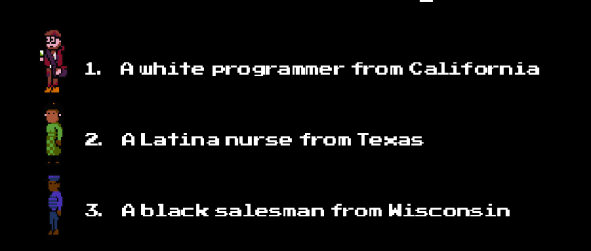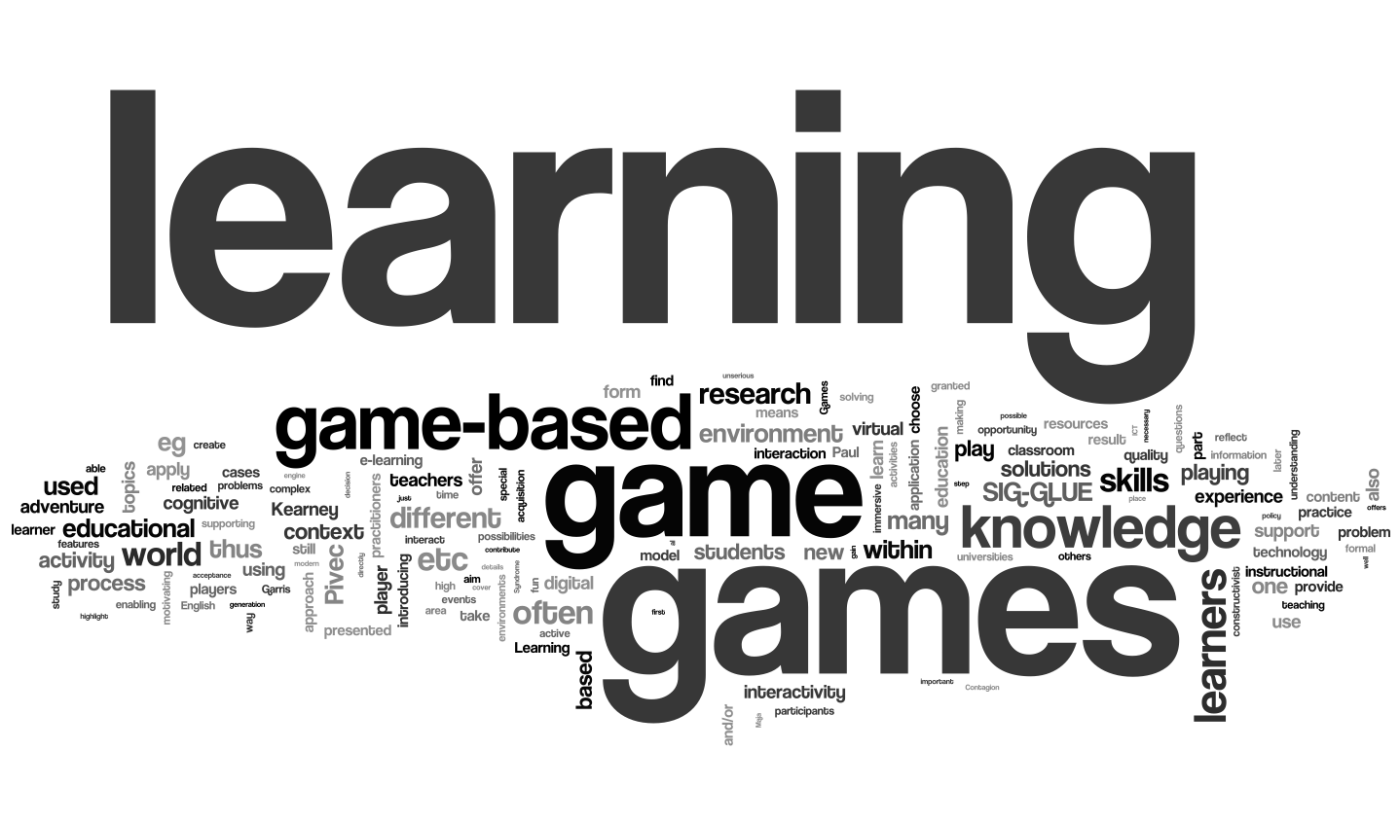Last class we were asked to get involved in 5 games, two of which are non-digital games about Egypt (a board game and a dice-game) and three digital games (Spent, Little Alchemy and BBC Syrian Refugees).
The first non-digital game we played was the board game about Egypt; which is a game created for children aged from 8-16 years old. This game mainly aims to educate children about the Egyptian culture, the different Egyptian governorates and the diverse aspects that differentiate each place from the other. What I found most interesting about this game was that it taught me phrases and words that I was totally unfamiliar with. The most difficult task I faced was to read the questions or instructions; thus, the game could be improved by creating an english version for children that are more comfortable reading English.
Next we played the Egyptian Dice game; a game that left us all bewildered, since we couldn’t understand the rules or instructions of playing the game. But, what I learned was that when we don’t understand the rules we try to make ones of our own. An improvement might be either to add clear instructions or to add cards or challenges that can make the game catchier.
After playing the two non-digital games we were asked to play the following three digital games:
Spent: an online game about surviving poverty and homelessness by being in a situation similar to what a person in poverty would face. The game is very depressing and extremely gloomy, you never get a break no matter what you do and it requires you to make decisions concerning your work, family and health. The game can be improved by adding visuals and maybe making it less pessimistic.
Little Alchemy: Well this game was my absolute favorite, basically the whole idea of the game is to explore what you can create by mixing simple elements. You start with four basic items and use them to make dinosaurs, wizards and spaceships. I have never taken chemistry in my life, so this game helped me understand how things are made of combinations of many elements. Even though the game is very addictive, it is somewhat primitive, there are no instructions and only pictures of the elements.
BBC Syrian Refugees: This game is an interactive game, that shows the choices Syrians face if they choose to flee their country; during the game I was supposed to choose the route the Syrians take. After playing this game I got a full understanding of the challenges and the obstacles that face the Syrian refugees. This game can be improved by adding more stages to the route of the Syrian Refugees to allow the player to be more engaged.
The games I chose to play were the following:
Responsible Partying: This game focuses on situations at a party that most people go through, by adding informative videos and statistics that were new to me. This game could be improved by adding more choices that allow the player to be of greater involvement.
Sleep-deprived mom: I found this game to be very realistic, as I know that mothers struggle and sacrifice many things to make sure their children are comfortable and safe. This game can be improved by changing the format from a document to a more engaging website or application.
Voter Suppression Trial via New York Times: At first I didn’t get the idea of the game, but after I played it 2 or 3 times with different, players; I learned that in each state had a different level of voting systems. To be honest I felt that the game was a bit racist and to improve the game it should have included clearer instructions and rules.


May 1, 2017 at 10:59 pm
I like your blog, especially the way you write!
You wrote it in a concise, which is a skill that I do not have! 😦
I really enjoyed reading your blog post.
Despite being your blog a concise one, It discusses a lot of things in an illustrative way! 🙂
LikeLiked by 1 person